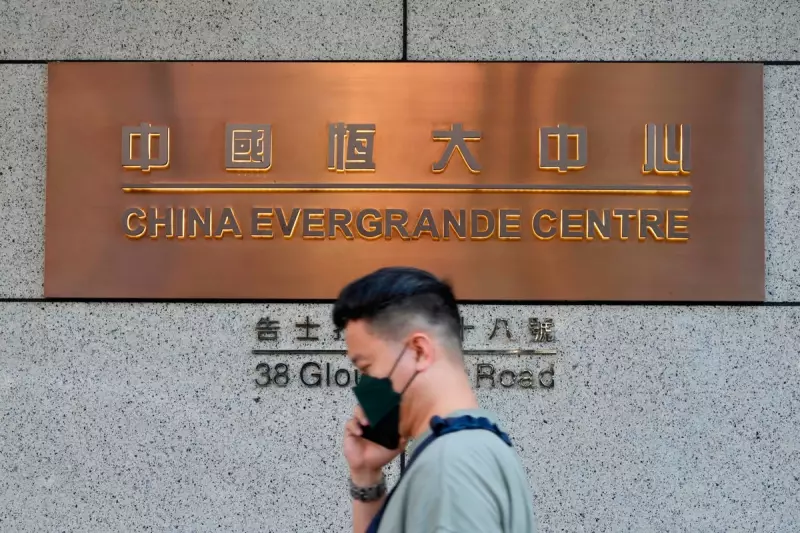
In a seismic development for global financial markets, Chinese property giant Evergrande has been ordered into liquidation and faces delisting from the Hong Kong Stock Exchange. The decision marks a dramatic climax to the company's two-year struggle to avoid collapse under the weight of its staggering $300 billion debt burden.
End of the Road for Property Behemoth
Hong Kong's High Court has issued a winding-up order against the world's most indebted property developer after the company failed to present a credible restructuring proposal to its international creditors. The ruling signals the effective end for a company that once symbolised China's economic miracle and property boom.
Justice Linda Chan delivered the decisive verdict, stating that "it is time for the court to say enough is enough" after multiple delays and failed negotiations. The court-appointed liquidators now face the monumental task of untangling Evergrande's complex web of assets and liabilities across mainland China and beyond.
Market Tremors and Global Implications
The collapse sends shockwaves through financial markets already nervous about China's slowing economy and protracted property crisis. Evergrande's delisting from the Hong Kong exchange represents one of the most significant corporate failures in modern history and raises serious questions about the stability of China's financial system.
Analysts warn that the liquidation process could have cascading effects on:
- China's already fragile property market
- International investor confidence in Chinese assets
- The millions of homeowners who paid for unfinished properties
- Supply chains and construction sectors dependent on Evergrande projects
Unfinished Business and Social Impact
Beyond the financial ramifications, Evergrande's collapse leaves a physical landscape of incomplete residential projects across China. An estimated 1.5 million homeowners who paid deposits for properties now face uncertainty about whether their homes will ever be completed.
The company's downfall began in 2021 when it defaulted on its offshore debt obligations, triggering China's ongoing property crisis that has seen multiple developers follow similar paths toward insolvency. Beijing's subsequent crackdown on excessive borrowing within the sector ultimately exposed the unsustainable practices that propelled Evergrande's rapid expansion.
As liquidators begin their work, the world watches closely to see how China manages the aftermath of this corporate catastrophe and what it means for the future of the world's second-largest economy.





